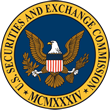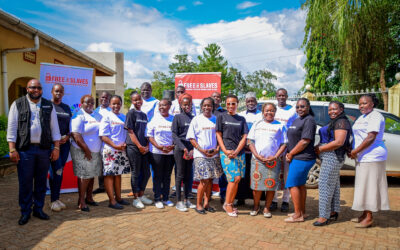The U.S. Securities and Exchange Commission (SEC) yesterday approved a new rule that requires companies to investigate their supply chains and disclose if their products contain minerals from conflict areas in the Democratic Republic of Congo (DRC) or surrounding areas.
If their products do contain conflict minerals, companies have to report what they’re doing to ensure the profits don’t go to abusive armed groups in eastern Congo.
It’s a watershed moment for the corporate transparency and anti-slavery movements. So-called “conflict minerals” from Congo not only fuel one of history’s deadliest wars. Free the Slaves research has documented that rebel groups and army commanders force Congo residents into slavery at many mining sites.
Congress directed the SEC to develop the new rule as part of the Dodd-Frank Wall Street Reform and Consumer Protection Act. Four minerals are targeted for corporate disclosure: tin, tungsten, tantalum and gold. All are commonly used to manufacture electronic devices – from cell phones and televisions to computers and high-tech components.
“It’s an historic day, both for Congo and for the movement toward responsible investment at large,” says FTS Programs Director Karen Stauss. “The issuing of the rule will renew the momentum for change on the ground by the DRC mining ministry, local warlords, Congolese civil society and U.N. peacekeepers.”
“At the same time, the finalizing of the rule affirms that the presence of horrific human rights abuses deep within corporate supply chains is and should be a matter of concern to investors – and that affects companies’ bottom lines,” Karen added.
Companies must submit their first annual report to the SEC in May of 2014. You can watch the SEC meeting where the new rule was adopted here.
The SEC rule isn’t as strong as many advocates in the human rights movement would like. For example, there’s a multi-year phase-in period where companies could say they can’t determine if the minerals they use are Congo conflict-free.
But the new regulation is an important step. The anti-slavery movement and socially responsible investor groups support a bill in Congress for companies to investigate their supply chains for all forms of slavery, not just Congo conflict minerals.
The SEC’s new rule creates a precedent for progress.
You can learn more about the impact of Congo slavery, and your connection to it as a consumer, in our short mini-documentary: Slavery in Your Pocket.


